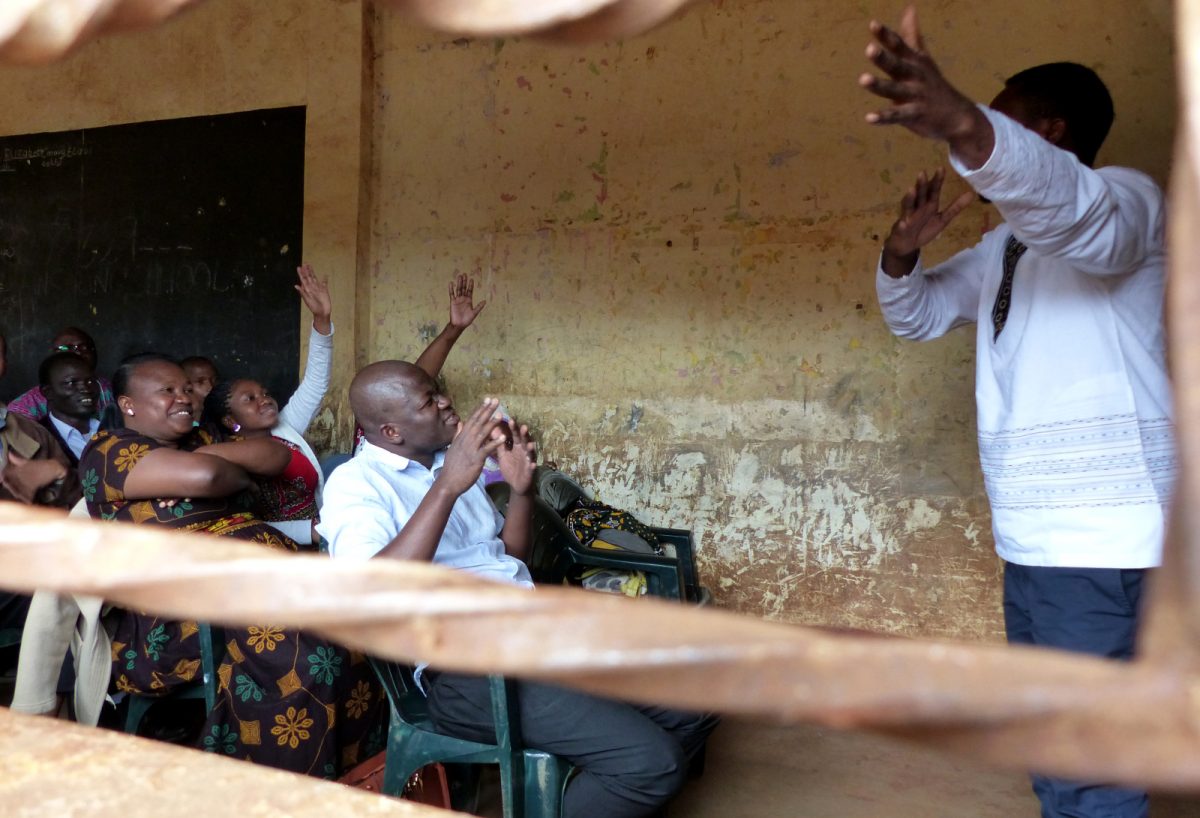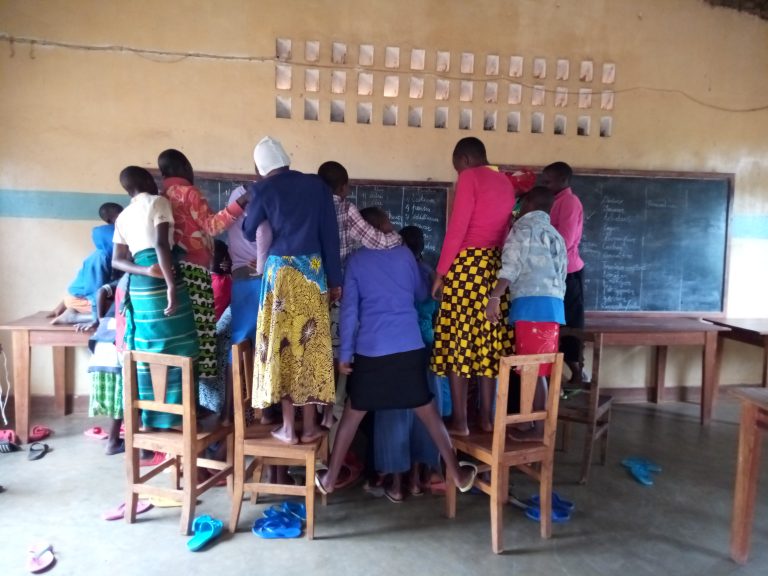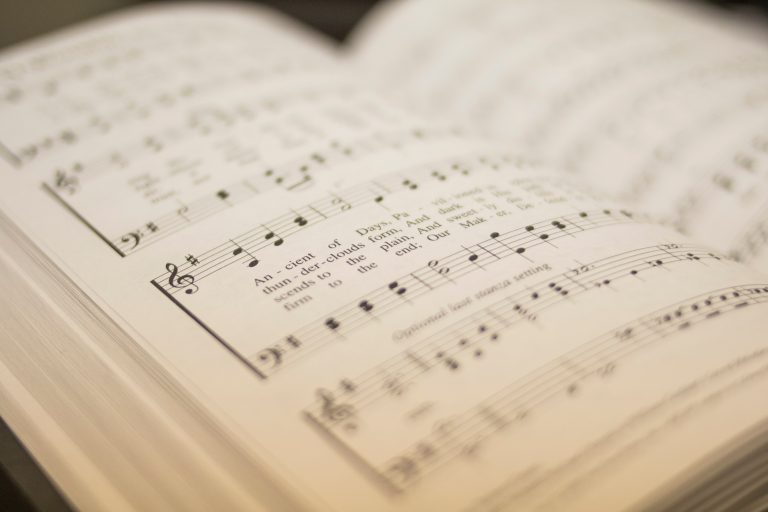
“For many years, I struggled to understand the need for Deaf-led churches and fellowships. I felt like it segregated the Deaf from the majority culture,” shares Darweshi*, a Deaf leader from the Homabay region of Kenya.
Darweshi is currently learning God’s Word through DOOR’s Chronological Bible Translation (CBT) and receiving leadership training from one of DOOR’s 2-by-2 teams.
“I struggled with being among hearing people who did not understand sign language or Deaf culture, yet I was hesitant about having Deaf-led churches. I was afraid of the unknown. I was afraid that Deaf people could not manage without being led by hearing people. Some of us don’t have formal pastoral or church leadership training. However, I was wrong.
“I now understand why it is critical for Deaf people to have churches and fellowships which they lead. I am undergoing training provided by DOOR, and this training has really empowered me to see that Deaf people can. Deaf people do have many spiritual gifts provided by God.
“Those gifts can only reach their fullest potential in a Deaf-led church. In hearing churches, Deaf people are typically limited to receiving ministry from hearing people, instead of ministering to others in return.
“Most importantly, I am convinced that Deaf-led churches and Deaf evangelists are the best means of reaching other Deaf people who need to know and experience God’s love which is found in having a relationship with Jesus Christ. I am convinced that the best place for Deaf people to make use of their God-given spiritual gifts is within the context of Deaf-led churches.
“I believe that Deaf people, when trained and equipped, can reach even more Deaf people with the gospel of Jesus Christ.”
*– Not his real name.



